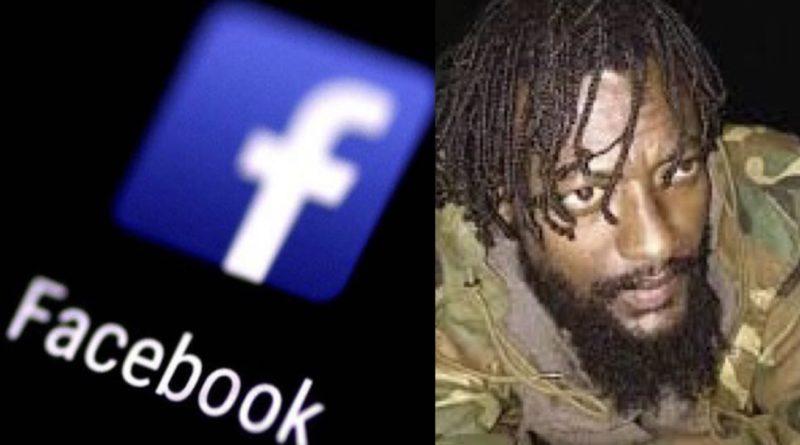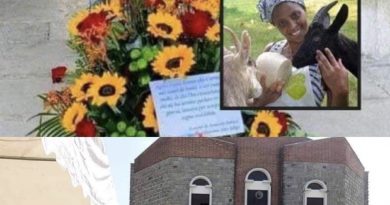Shunned by Oromo elders, OLA now banned by Facebook
BBC reported Friday that FACEBOOK is banning the Oromo Liberation Army (OLA) online accounts, as traditional Oromo elders also shun the outlawed militant group operating in Ethiopia’s Oromia region. A document seen by Yeroo media shows Facebook further added al-shabaab from neighboring Somalia (and its media affiliates) in a “terror” category.
According to BBC, the American social media giant has categorized the OLA as a “violent” and “dangerous organization.”
Better known locally by its nickname “Shane,” the OLA was accused of several mass killings in Western Oromia: including on Oromo civil servants and Amhara ethnic minorities. OLA has also admitted assassinating dozens of Oromo officials in southern Ethiopia. It is unknown if this Facebook designation will put pressure on Australian and western officials, including in the United States where supporters and representatives of OLA openly fundraise for its militant activities back home in Ethiopia.
For its part, the OLA group claims innocence and it blames the Oromia government, led by President Shimelis Abdisa, of human rights abuses and extrajudicial killing of its supporters.
In 2019, the OLA broke apart from its legally registered Oromo Liberation Front (OLF) party after reforms led by new Prime Minister Abiy Ahmed (who is Oromo) encouraged diaspora-based OLF leaders to pursue nonviolent politics. Since then, several OLF leaders, including senior advisor Lencho Bati, Brig. Gen. Kemal Gelchu and spokesman Kejella Merdassa had joined Abiy’s government.
OLA however continued its militant activities and later formed a new alliance with the Tigrayan People’s Liberation Front (TPLF) rebels. But this alliance was quickly shunned by OLF and Oromo elders, and was notably opposed by popular Oromo singer Hachalu Hundessa, because the TPLF has long been held responsible for committing atrocities against Oromo people for decades. Facebook’s decision to blacklist OLA might also encourage accountability inside other major social media companies like Twitter, where TPLF militants and leaders have large presence.
Facebook’s negative influence inside Ethiopia was recently put on more spotlight during a United States congressional hearing, when former Facebook data scientist Frances Haugen specifically mentioned online hate-speech and ethnic violence in Ethiopia. But critics say Facebook wants to escape accountability by banning only controversial high-profile pages, and ignore the more rigorous and costly task of regularly examining tens of thousands of smaller but more widespread and violent social media content in third-world countries like Ethiopia. With dozens of politicized ethnic movements in Ethiopia, hate speech has led to numerous attacks on ethnic minorities on areas where they are perceived as foreign threats by the local ethnic majority. This has notably led to mass killing of Oromos in the north Shewa region of Amhara and the slaughter of hundreds of Amharas & Agaw in Metekel. Between 2019 and 2020, social media incitement has also led to the massacre of ethnic Gumuz by Amhara mobs, among others.




